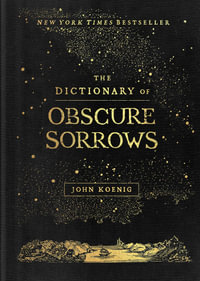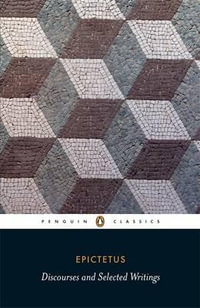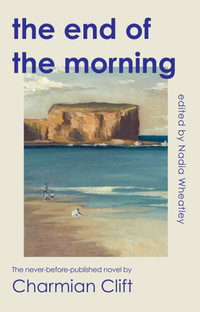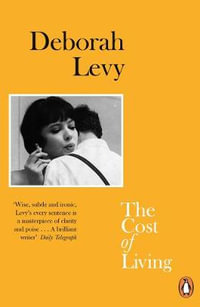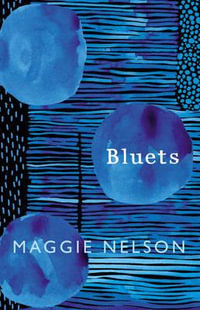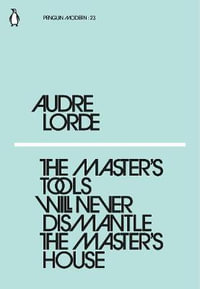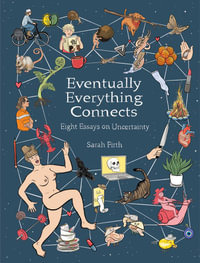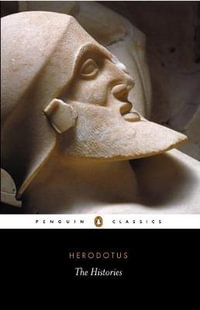In 1822 William Hazlitt, forty-four years old and married, was both tormented and enchanted by Sarah Walker, his landlady’s nineteen-year-old daughter. Liber Amoris is the chronicle of that obsession, an extraordinary fragment of Romantic autobiography that explores the unstable nature of what individuals perceive as ‘truth’, the unknowability of others, and leaves the reader unsure of who is victim, who seducer in this haunting relationship.
Gregory Dart sets Liber Amoris in its context of Hazlitt’s other writings from 1822-3, and provides a wealth of fascinating notes that take us deep into the period and the writer’s imagination.
About the Author
William Hazlitt was born in Maidstone, Kent in 1778, the son of a Unitarian minister. After a short period in America, the family settled in the village of Wem, Shropshire. Hazlitt was educated at the Unitarian college in Hackney from 1793 to 1795, although he decided against the religious life, and began to move in the political and literary circles of Coleridge, Wordsworth, Lamb and Godwin. He wrote philosophy and politics before becoming increasingly involved in literature and journalism. In 1814 he became the Morning Chronicle parliamentary reporter and theatre critic, while also writing essays for journals, including the Edinburgh Review and Leigh Hunt's Examiner. His works on literature include the Characters of Shakespeare's Plays (1817), dedicated to Lamb and admired by Keats; Lectures on the English Poets (1818); The Round Table, in collaboration with Leigh Hunt (1818); and Lectures on the English Comic Writers (1819). His Political Essays were also published in 1819, and Table Talk in 1821-2. In 1825 and 1826 much of his best work was collected in two volumes of essays, The Spirit of the Age and The Plain Speaker. In the Last ten years of his life hazlitt experienced emotional turmoil and poverty, although he continued to publish until his death in 1830.









